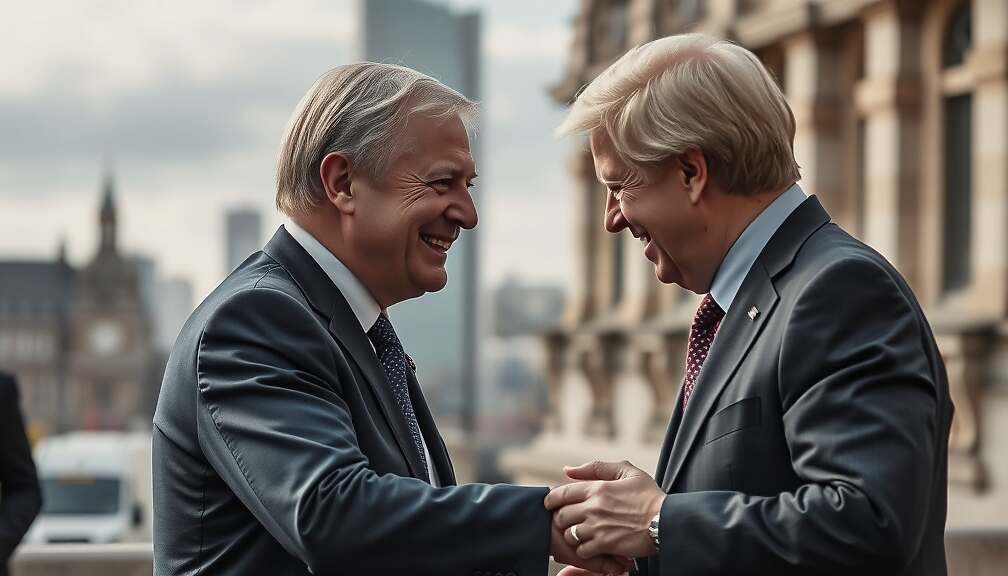Following a period of extended negotiations, German Chancellor Friedrich Merz and British Prime Minister Keir Starmer formalized a comprehensive agreement in London on Thursday. The 27-page document outlines a strengthened partnership between the two nations across several key sectors, marking a renewed effort to foster closer ties nearly six years after Brexit.
The agreement emphasizes deepened collaboration in areas encompassing defense, trade and migration. A central tenet is the establishment of an enhanced exchange of information and strategic perspectives on security matters. Specific areas of focus include deterrence and defense, nuclear issues, arms control, non-proliferation and responses to chemical, biological, radiological and nuclear threats. Discussions will also extend to space security, counter-terrorism and the evolving international security landscape.
Beyond standard agreements, the treaty introduces a mutual assistance clause that surpasses existing NATO commitments. The signatories reaffirm a “deep commitment to mutual defense” pledging support – potentially involving military action – in the event of an armed attack on either nation. The underlying principle articulated in the document underscores the belief that strategic threats to one nation inherently pose a strategic threat to the other.
The scope of the collaborative effort stretches beyond defense, including plans to facilitate direct rail connections between the two countries. Furthermore, the agreement signals intentions to intensify cooperation in emerging fields such as artificial intelligence and space exploration. Streamlining bilateral student and youth exchange programs is also a stated goal.
To ensure the treaty’s implementation, the agreement stipulates bi-annual consultations at the ministerial level, led by the respective heads of government. These consultations will establish implementation plans for subsequent two-year periods, alternating between Germany and the United Kingdom. Annual meetings between the foreign ministries are also planned for ongoing assessment of the bilateral relationship.
The “Friendship Treaty” as it is being referred to, is now subject to ratification processes within both Germany and the United Kingdom.












